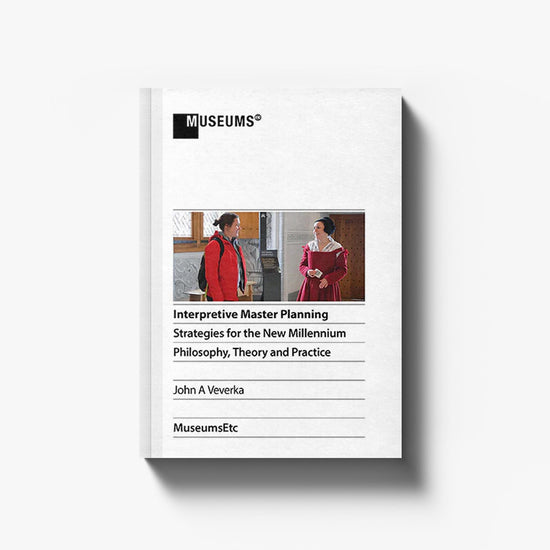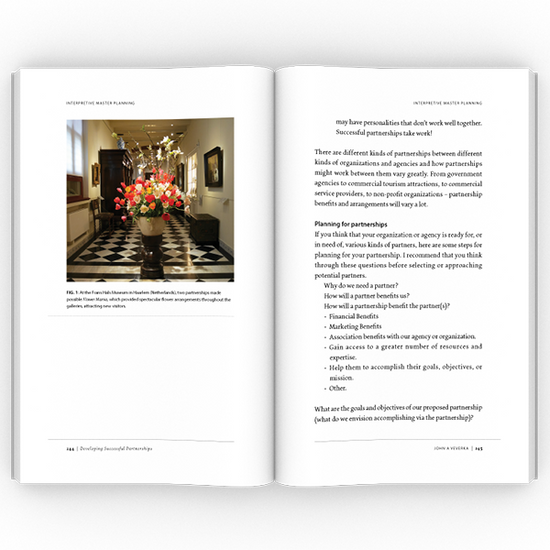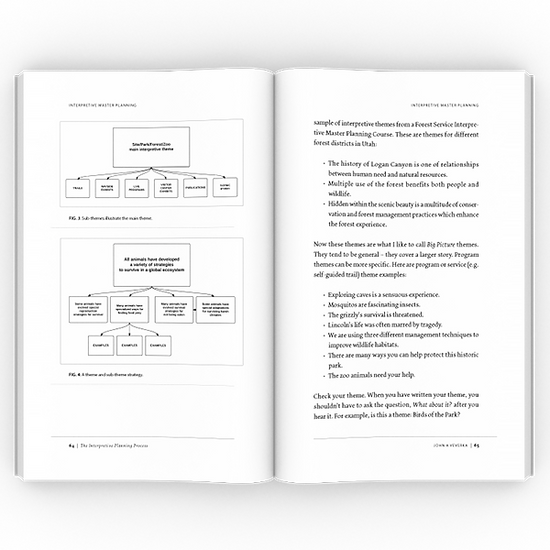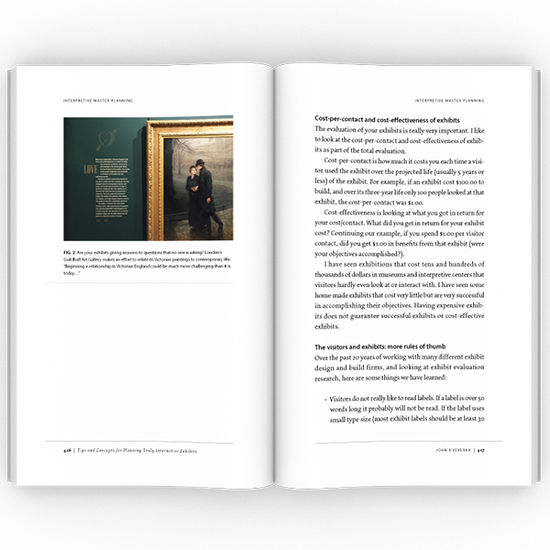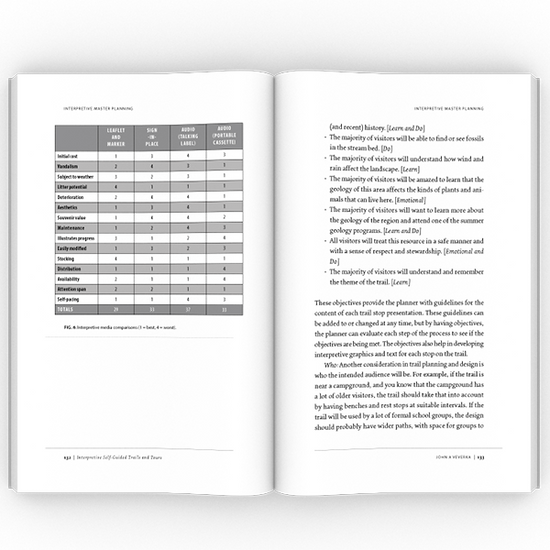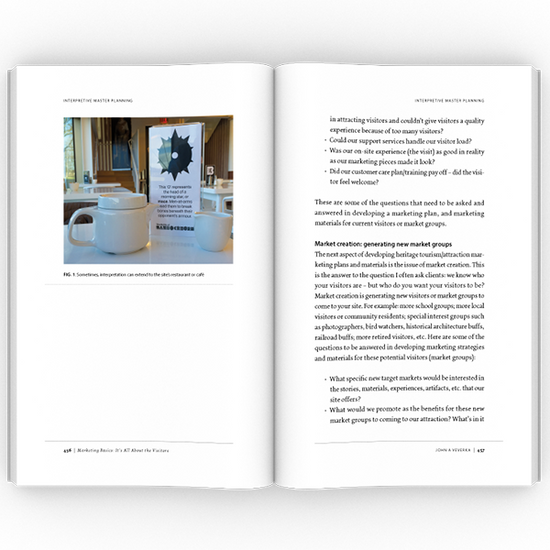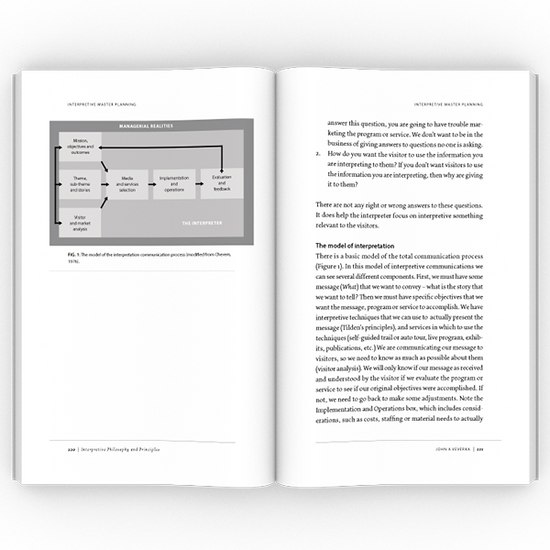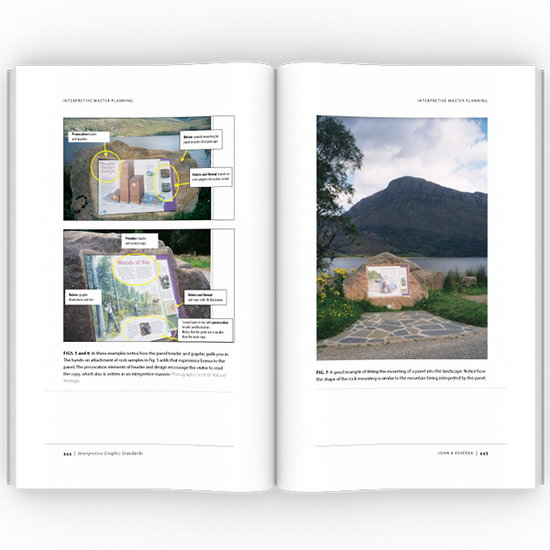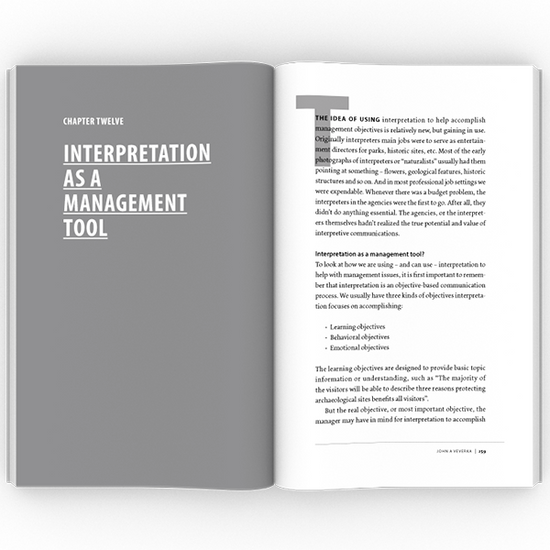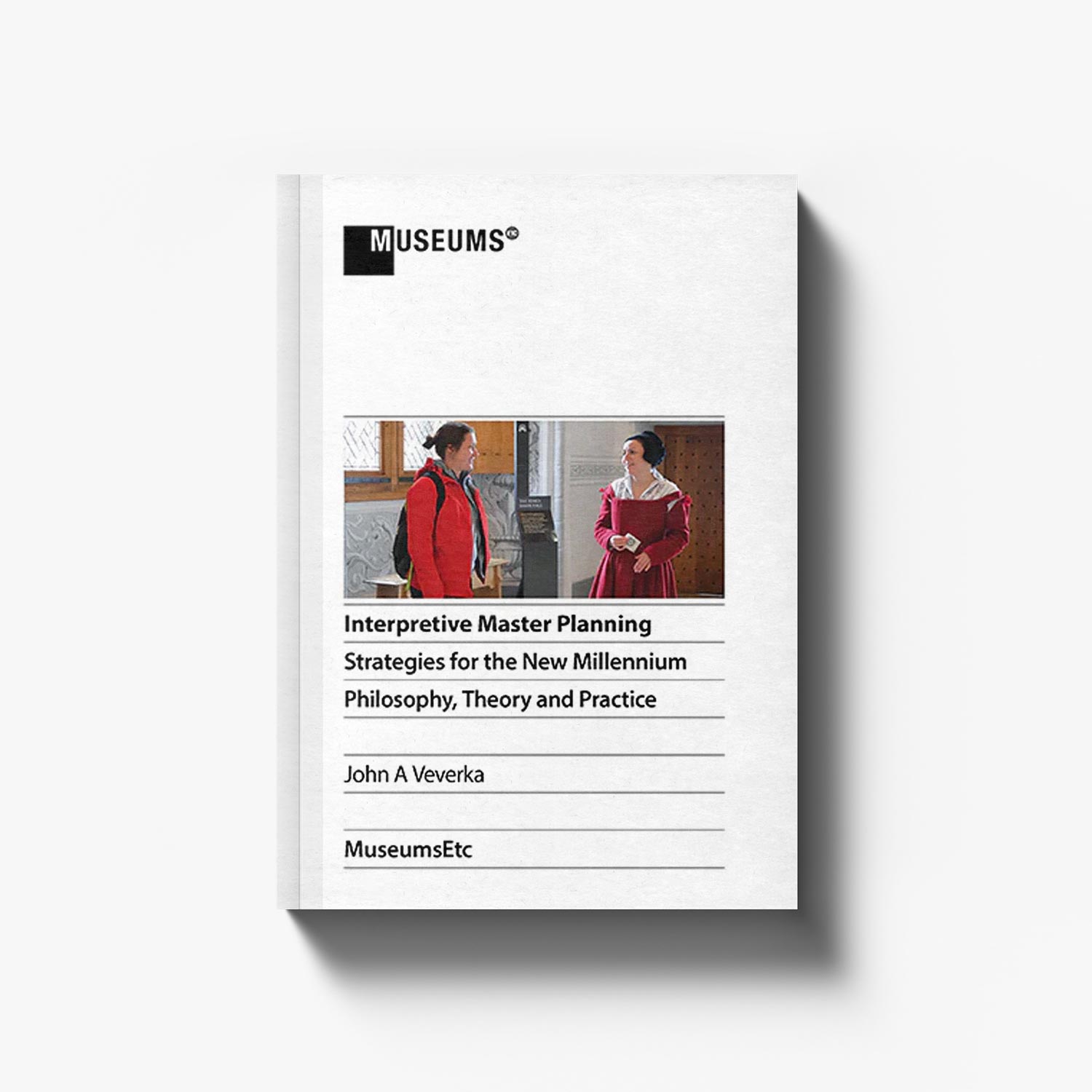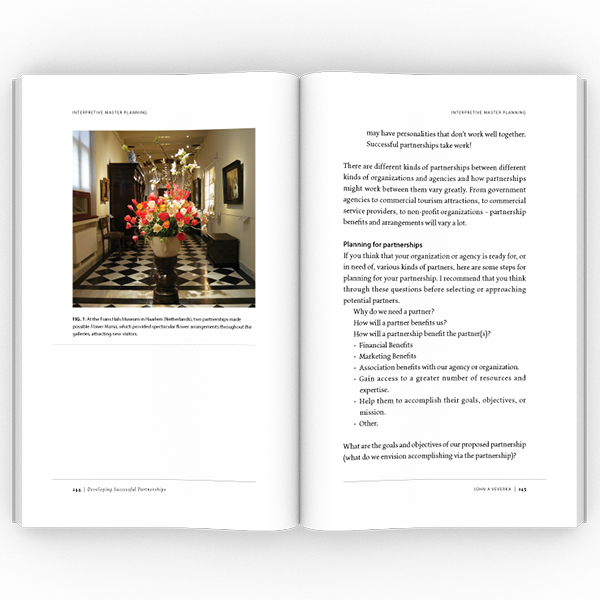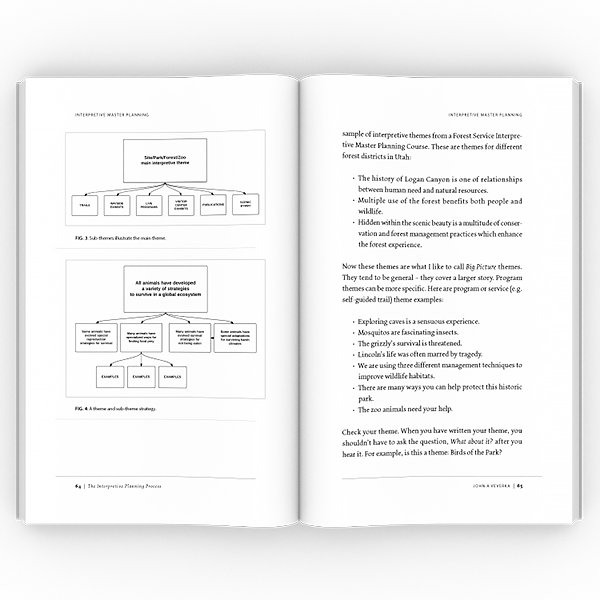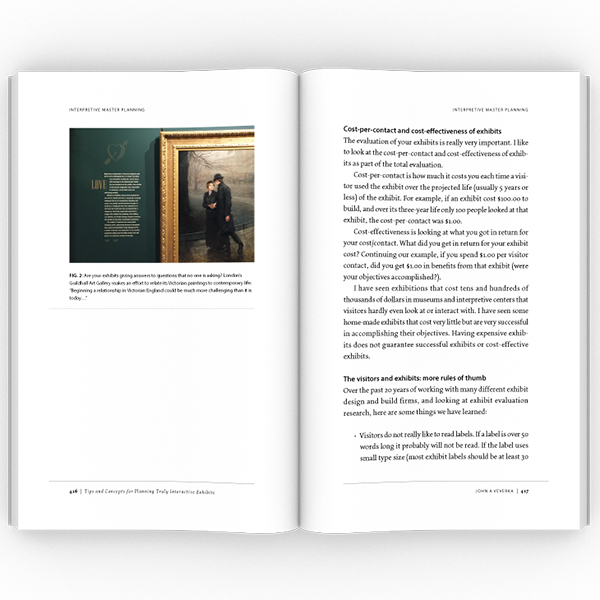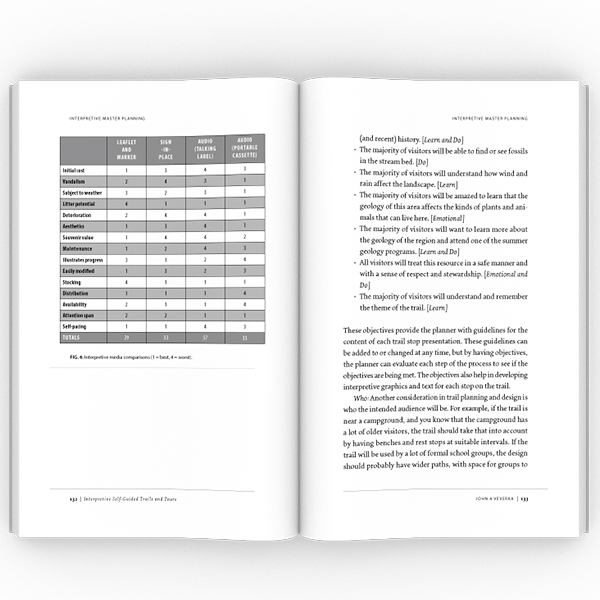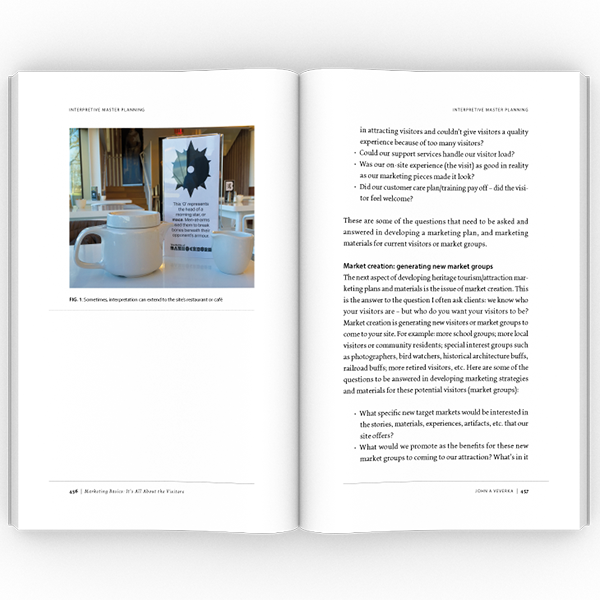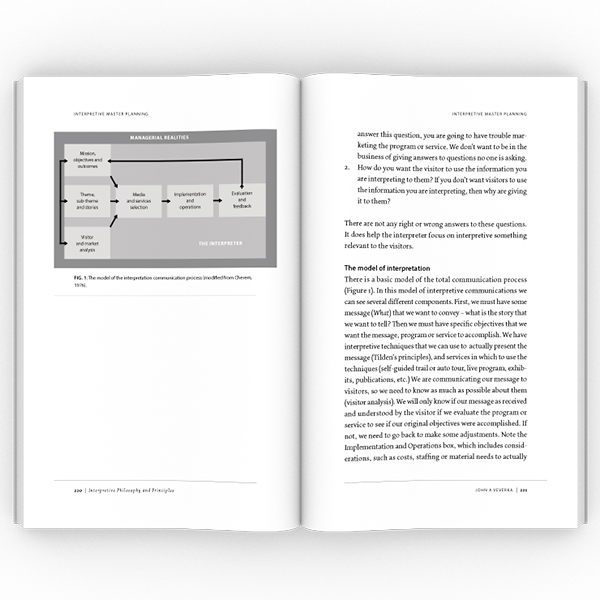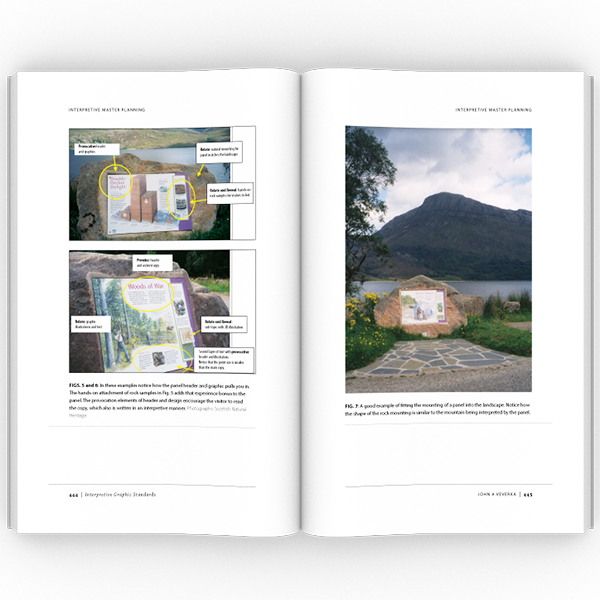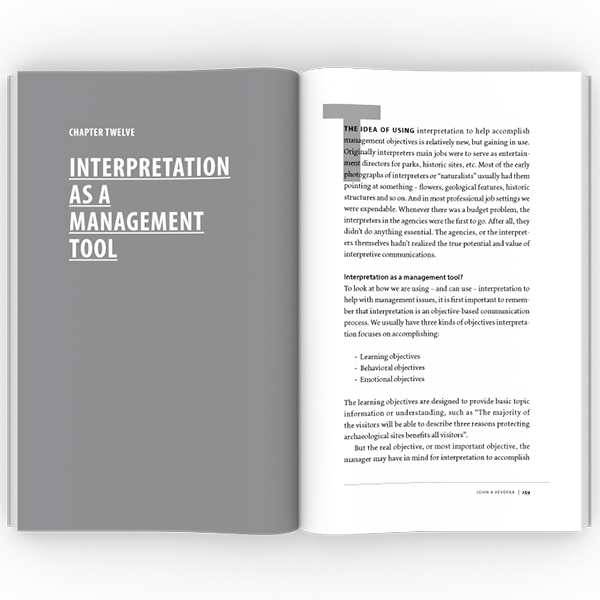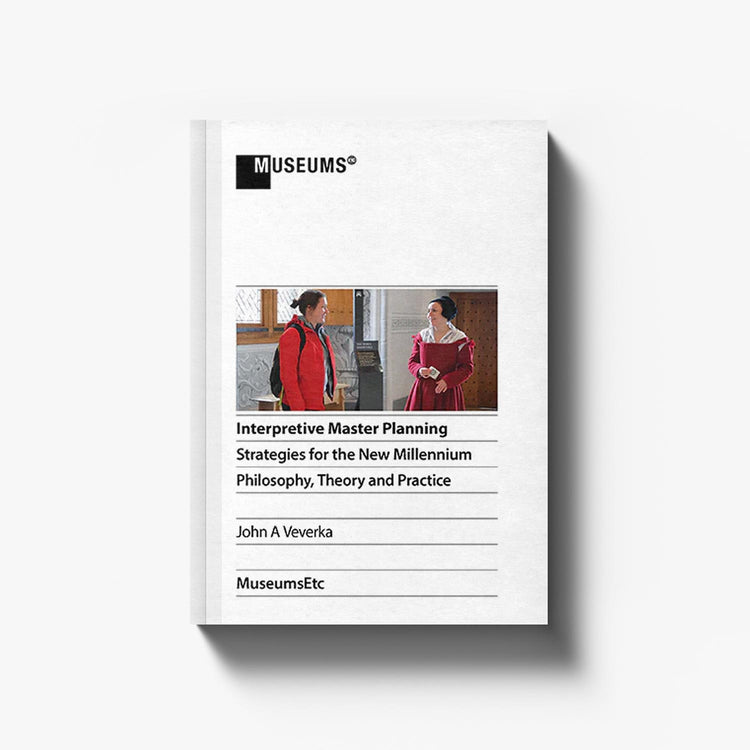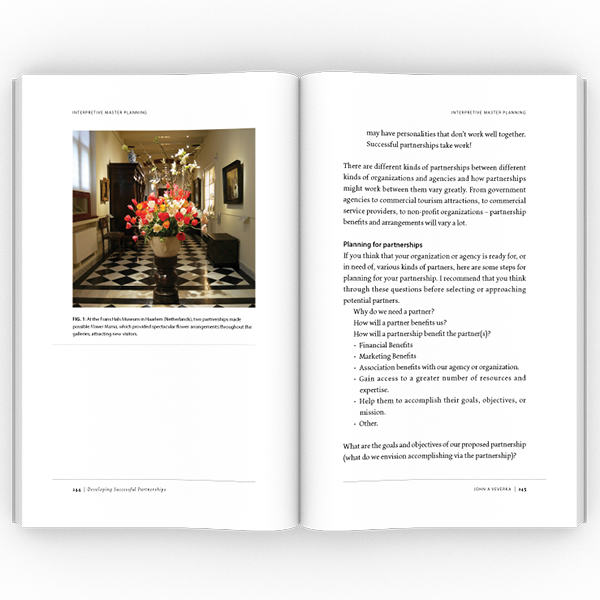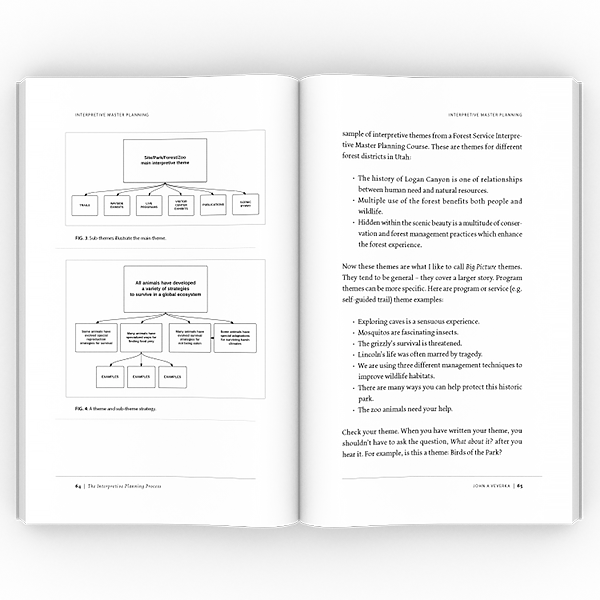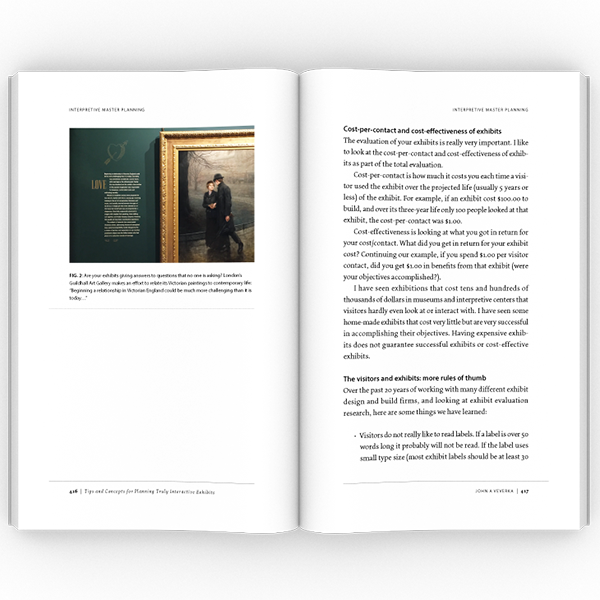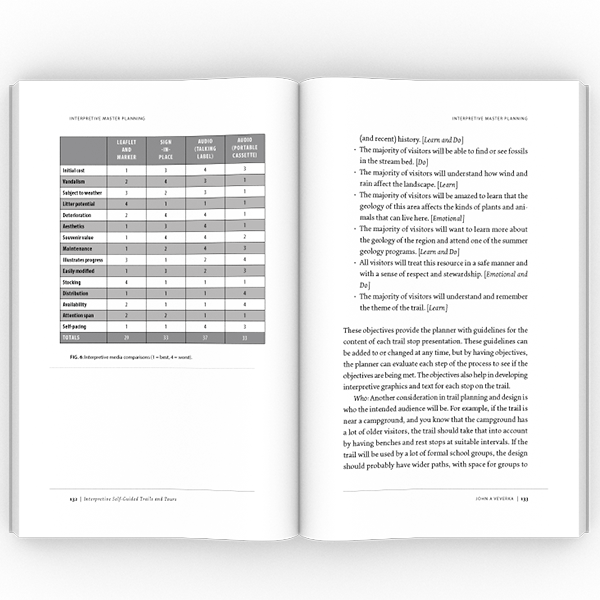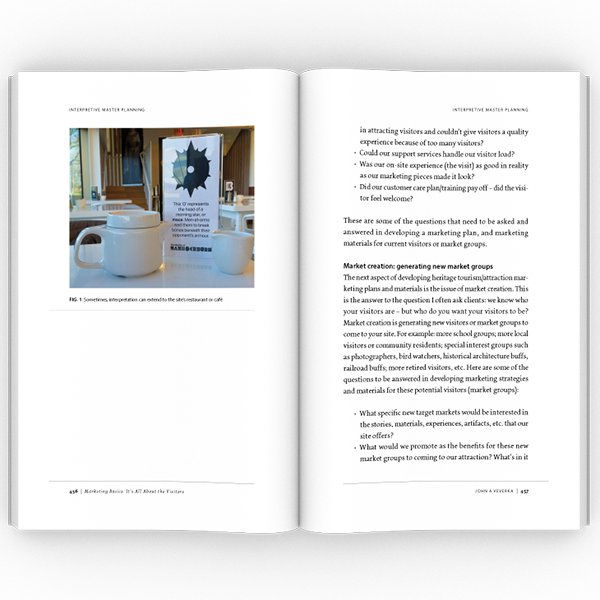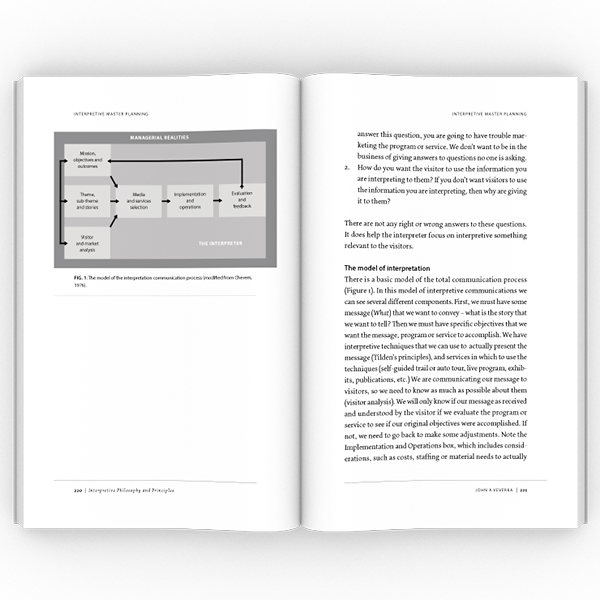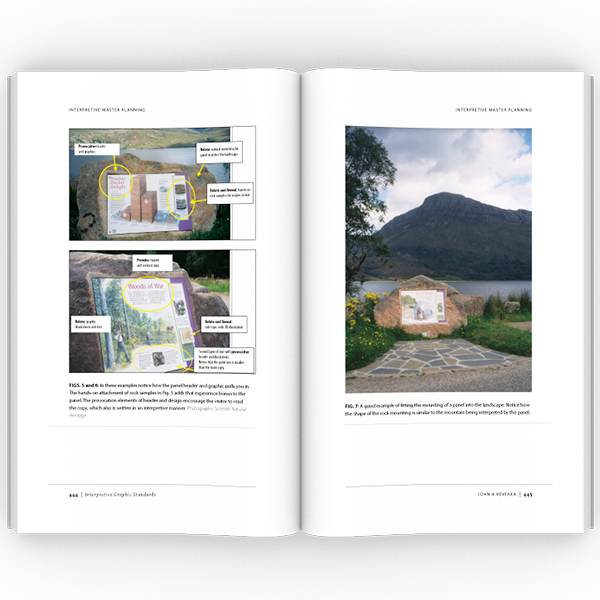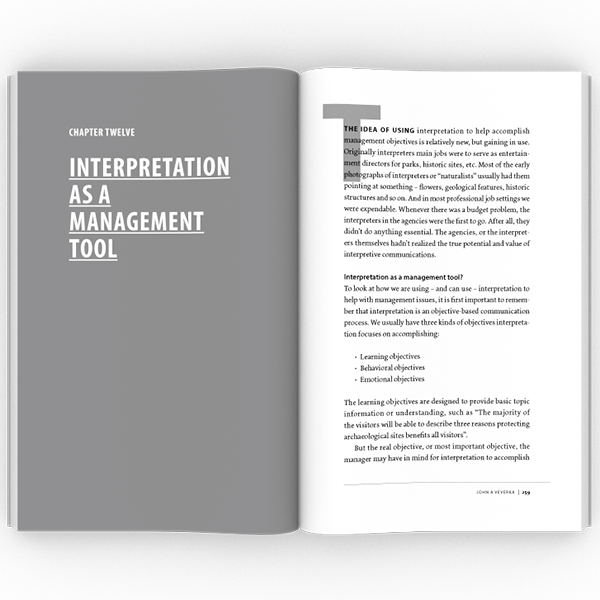Description
Contents list
More
Less
Author
More
Less
Reviews
More
Less
Data
More
Less
Shipping Information
More
Less
Photography Collection
We charge just £5 for worldwide shipping on all our printed books.
Digital Editions
Digital items are sent immediately and automatically via email with a link to download your purchase.
Taxes and customs
Please note that printed books which are shipped may incur import duty or taxes, which vary according to country, and which are payable by the receiver.
European & International orders
When ordering goods for delivery you may be subject to import duties and taxes which are levied once the goods reach the destination. Any such additional charges for customs clearance must be borne by you. We have no control over import duties and taxes and cannot predict what they may be.
Description
Interpretive Master Planning- "a classic work by an author who does interpretive planning every day" - shares an unrivalled wealth of experience and practical advice on planning and designing interpretive facilities and services. Of value to museums, visitor centres, and historic or natural history sites, John Veverka's lively text uses stories, case histories and interactive examples to illustrate every aspect of the interpretive process: from how to decide what to interpret, and how best to do it, through to effective planning, implementation - and much more.
This is, quite simply, the most comprehensive reference book on the subject. Richly illustrated in colour, and focusing firmly on visitors and the quality of their experience, its 40 chapters, 100 illustrations and almost 600 pages will ensure that your interpretation really works. In addition to the authoritative text, a rich variety of time-saving, tried-and-tested checklists, flowcharts, diagrams, tables, forms and worksheets are included and designed to be freely reproduced and used.
Also available: Advanced Interpretive Planning | The Interpretive Training Handbook | The Interpretive Trails Book
Contents list
Author
Reviews
Data
Shipping Information
Photography Collection
We charge just £5 for worldwide shipping on all our printed books.
Digital Editions
Digital items are sent immediately and automatically via email with a link to download your purchase.
Taxes and customs
Please note that printed books which are shipped may incur import duty or taxes, which vary according to country, and which are payable by the receiver.
European & International orders
When ordering goods for delivery you may be subject to import duties and taxes which are levied once the goods reach the destination. Any such additional charges for customs clearance must be borne by you. We have no control over import duties and taxes and cannot predict what they may be.
You May Also Like


